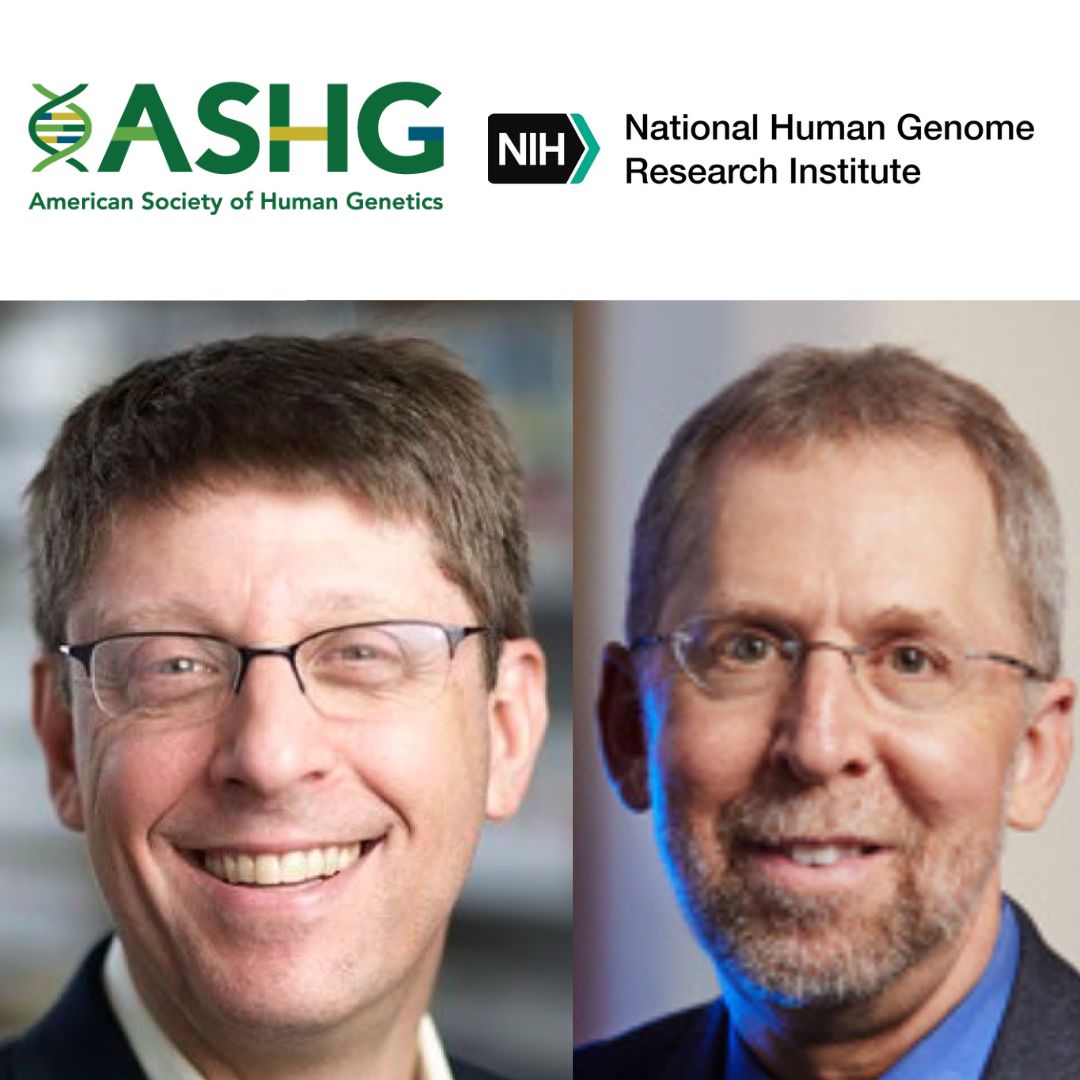
#318 Genetics Wrapped 2024: Top Advances in Genomic Medicine

DNA Today: A Genetics Podcast
Deep Dive
Why is the presidential address at the American Society of Human Genetics conference significant?
The presidential address is a significant honor and a platform to highlight pressing issues in human genetics, such as variable expressivity and incomplete penetrance, which are crucial for advancing population-based genetic screening and understanding genetic risks.
Why is the inclusion of diversity and ancestry in genomic medicine research important?
Diversity and ancestry are crucial in genomic medicine because they help ensure that polygenic risk scores and other genetic analyses are applicable and effective across different populations, addressing the historical bias towards European ancestry in genetic studies.
Why is the eMERGE consortium's work on polygenic risk scores significant?
The eMERGE consortium's work is significant because it is making polygenic risk scores more applicable to diverse populations, improving their predictive power and paving the way for better public health strategies.
Why is the CRISPR treatment for inherited retinal disease exciting?
The CRISPR treatment for inherited retinal disease is exciting because it shows promise in safely and effectively treating a common cause of blindness in children, potentially leading to FDA approval and widespread use.
Why is rapid genome sequencing in NICUs transformative?
Rapid genome sequencing in NICUs is transformative because it enables quick diagnoses for rare disorders, saving lives and improving healthcare outcomes, even as it continues to evolve and improve.
Why is the GIA tool important for genomic medicine implementation?
The GIA tool is important because it improves the return of genetic results to diverse patient populations, enhancing their understanding and making genomic medicine more scalable and accessible.
Why is the international context important for genomic medicine implementation?
The international context is important because it allows for the study of genomic medicine in various healthcare systems and cultures, providing valuable insights and improving the applicability and effectiveness of genomic approaches globally.
Shownotes Transcript
To celebrate the year coming to an end, we are reflecting back on the top genetics and genomics
Bruce D. Gelb, M.D. is the outgoing President of the American Society of Human Genetics (ASHG). He is also the Director and Gogel Family Professor of the Mindich Child Health and Development Institute at the Icahn School of Medicine at Mount Sinai. He is Professor of Pediatrics and of Genetics and Genomic Sciences. Dr. Gelb completed a pediatric residency and pediatric cardiology fellowship at Babies Hospital of Columbia-Presbyterian Medical Center and Texas Children’s Hospital at the Baylor College of Medicine, respectively. He joined the faculty at Mount Sinai in 1991 after fellowship and has remained there since. He developed and now oversees an extensive program in genomics/gene discovery for congenital heart disease. Dr. Gelb has received the E. Mead Johnson Award from the Society for Pediatric Research and the Norman J. Siegel New Member Outstanding Science Award from the American Pediatric Society. He was elected to the American Society of Clinical Investigation and the National Academy of Medicine (formerly, the Institute of Medicine). Dr. Gelb is the President for the American Pediatric Society, Immediate Past President for the International Pediatric Research Foundation and Treasurer-Elect for the American Society of Human Genetics. In addition to his research, he co-directs the Cardiovascular Genetics Program at Mount Sinai.
Dr. Eric Green is the director of the National Human Genome Research Institute (NHGRI)) at the U.S. National Institutes of Health (NIH). As NHGRI director, Dr. Green leads the Institute's research programs and other initiatives. He has played an instrumental leadership role in developing many high-profile efforts relevant to genomics. Dr. Green received his B.S. degree in bacteriology from the University of Wisconsin - Madison in 1981, and his M.D. and Ph.D. degrees from Washington University in 1987. Coincidentally, 1987 was the same year that the word “genomics” was coined. Dr. Green’s relationship with the Institute began long before his appointment as director. He served as the Institute’s scientific director (2002 - 2009), chief of the NHGRI Genome Technology Branch (1996 - 2009) and founding director of the NIH Intramural Sequencing Center (1997 - 2009). Prior to that, he played an integral role in the Human Genome Project. Dr. Green is a founding editor of the journal Genome Research (1995 - present) and a series editor of Genome Analysis: A Laboratory Manual (1994 - 1998), both published by Cold Spring Harbor Laboratory Press. He is also co-editor of Annual Review of Genomics and Human Genetics (since 2005). Throughout his career, he has authored and co-authored over 385 scientific publications.
Dr. Green is a recurring guest on *DNA Today, *and he might hold the title as the guest who has been on the show the most times! He was featured on Episode #182) when we chatted about the Human Genome Project) and the recent completion of the human genome sequence -- from telomere to telomere. Dr. Green was a panelist on the PhenoTips Speaker Series installment that our host Kira Dineen moderated about population genomics in clinical practice, this was also released on the DNA Today podcast feed as Episode #260). He was also on the last couple years for our genetics wrapped 2022 (#214)) and 2023 (#263)).
Stay tuned for the next new episode of DNA Today next Friday! New episodes are released every Friday. In the meantime, you can binge over 300 other episodes on Apple Podcasts), Spotify), streaming on the website), or any other podcast player by searching, “DNA Today”. Episodes since 2021 are also recorded with video which you can watch on our YouTube channel), this includes some episodes recorded at NBC Universal Stamford Studios.
DNA Today is hosted and produced by Kira Dineen. Our video lead is Amanda Andreoli. Our social media lead is Kajal Patel. Our Outreach Intern is Liv Davidson. And our logo Graphic Designer is Ashlyn Enokian, MS, CGC.
See what else we are up to on Instagram), X (Twitter)), Threads), LinkedIn), Facebook), YouTube) and our website, DNAToday.com). Questions/inquiries can be sent to [email protected]).